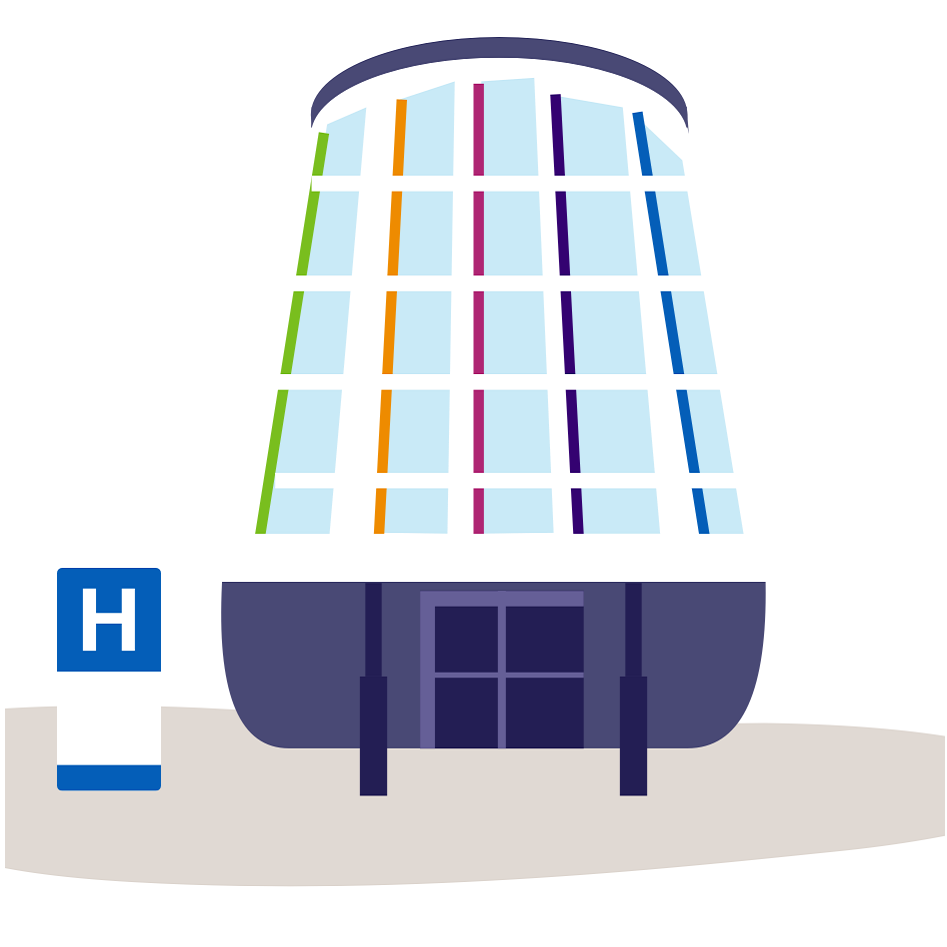Clinical Research at RHC


A brief guide to clinical research happening at the Royal Hospital for Children, Glasgow


A brief guide to clinical research happening at the Royal Hospital for Children, Glasgow
We are one of the leading paediatric care centres in the UK, and the largest in Scotland. We provide family centred care to newborns, infants, children and young people both in hospital and in the community.
https://www.glasgowchildrenshospitalcharity.org/